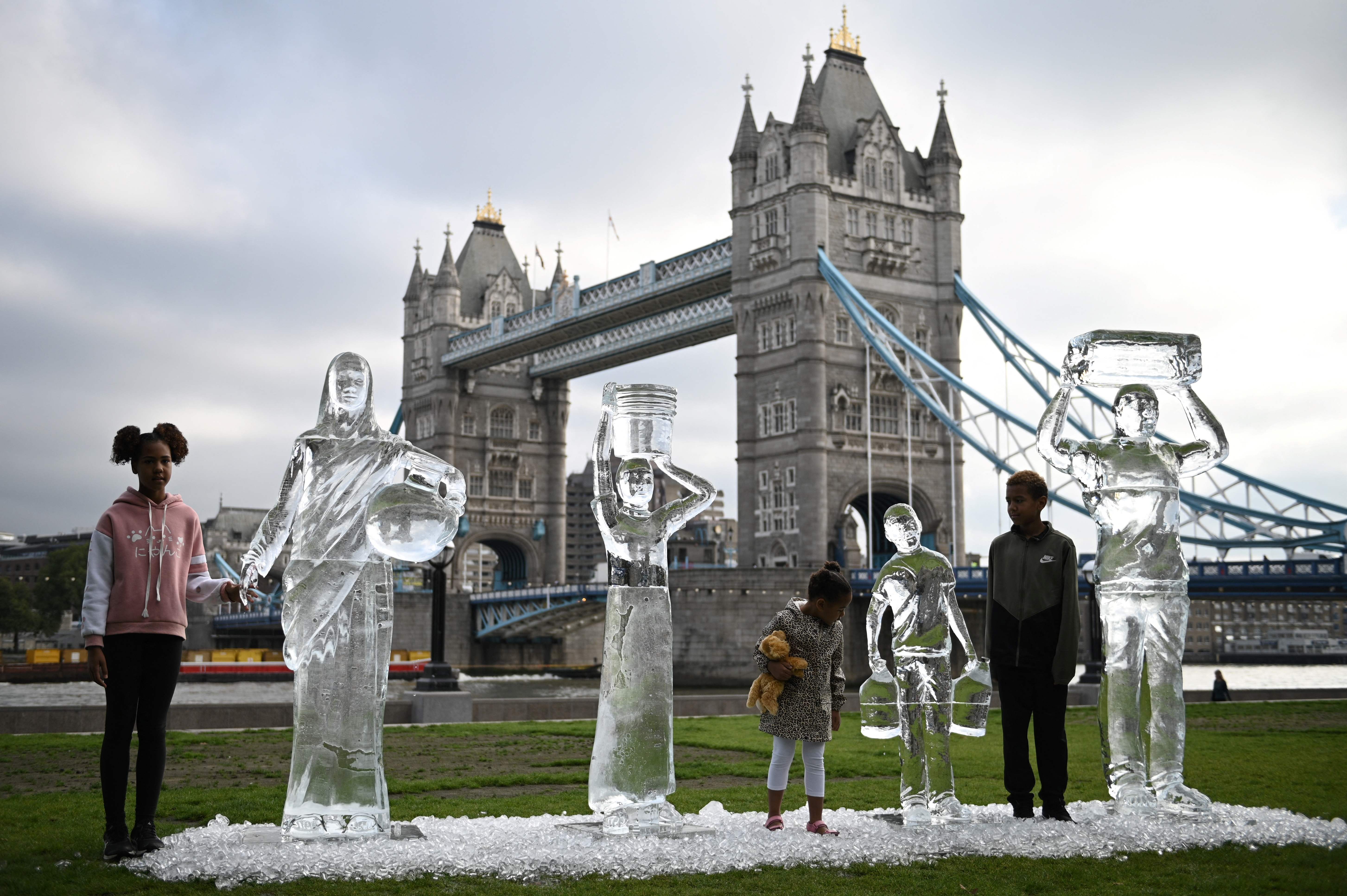The climate crisis is a water crisis for the poorest and most vulnerable communities
If everyone had access to clean water, they would be better able to protect themselves from the destructive effects of climate change, writes Dougray Scott


Your support helps us to tell the story
From reproductive rights to climate change to Big Tech, The Independent is on the ground when the story is developing. Whether it's investigating the financials of Elon Musk's pro-Trump PAC or producing our latest documentary, 'The A Word', which shines a light on the American women fighting for reproductive rights, we know how important it is to parse out the facts from the messaging.
At such a critical moment in US history, we need reporters on the ground. Your donation allows us to keep sending journalists to speak to both sides of the story.
The Independent is trusted by Americans across the entire political spectrum. And unlike many other quality news outlets, we choose not to lock Americans out of our reporting and analysis with paywalls. We believe quality journalism should be available to everyone, paid for by those who can afford it.
Your support makes all the difference.Around the world, we’re increasingly seeing clear evidence that our climate is changing at an alarming rate. This year alone, we’ve already witnessed floods in Europe and China, drought in Madagascar, forest fires in the US and an earthquake in Haiti, to name but a few.
There can be no doubt that we’re in the midst of a global climate emergency, but while we’re all in the same storm, we are not in the same boat. People in the world’s poorest countries are bearing the brunt of climate change, with a lack of clean water and decent sanitation making their suffering unimaginably worse.
The climate crisis is a water crisis. One in ten people have no clean water close to home, compromising their health, education and livelihoods, and now they are facing an increasingly uncertain future because of climate change. Every day, fragile water supplies are at even greater risk of disappearing completely as droughts dry up sources and floods contaminate them, threatening the lives of people living in poverty.
I joined WaterAid in London on the banks of the Thames where the international charity unveiled four striking ice sculptures featuring people from around the world collecting water from unreliable and unsafe sources. The beautiful statues represented the serious message that our water is fragile and we need to protect it. As the ice began to melt, it highlighted the need for urgency and the consequences of global complacency.
François, 31, from Burkina Faso, was one of the people whose story was brought to life through the ice. The wells in his village have started drying up because of rising temperatures and he has to juggle with the little water he has, or “simply give up certain needs due to lack of water”.
Susmita, 22, from India, used to collect water from freshwater rivers near her home, but rivers are drying up because of the changing weather and now she must walk a long way each day to collect salty water. She said she had never heard of cyclones before, but now they hear one will hit almost every year, making it even more difficult to get water.
When I travelled with WaterAid to Mozambique – another country vulnerable to climate change – I saw how clean water, good sanitation and hygiene can transform whole communities. Children can stay healthy and in school, and women no longer have to risk their safety collecting water from remote areas and have time to earn a living. If everyone had access to clean water, they would also be better able to protect themselves from the destructive effects of climate change.
A report by WaterAid last year found that half of all countries receive less than $4 per head, per year for climate mitigation and adaptation, and some of the most vulnerable countries receive significantly less than this.
This is why I’m adding my voice to the WaterAid’s open letter alongside nearly 10,000 members of public, including other actors, artists and cross-party politicians. Together, we are calling on Boris Johnson and Liz Truss to invest a third of the UK’s committed international climate funding in locally-led adaptation projects, to help vulnerable communities get a reliable source of water.
Rich nations have failed to live up to their promises on climate investment, but as we gear up to COP26, the UK has the chance to turn the tide and ensure more finance goes to help the world’s poorest and most climate-vulnerable communities.
With a reliable supply of clean water, people can recover more quickly from disasters and can stay healthy and thrive, whatever the future holds. You too can join Our Climate Fight and help make a difference to communities across the world for generations to come.
For more information, visit wateraid.org
Join our commenting forum
Join thought-provoking conversations, follow other Independent readers and see their replies
Comments